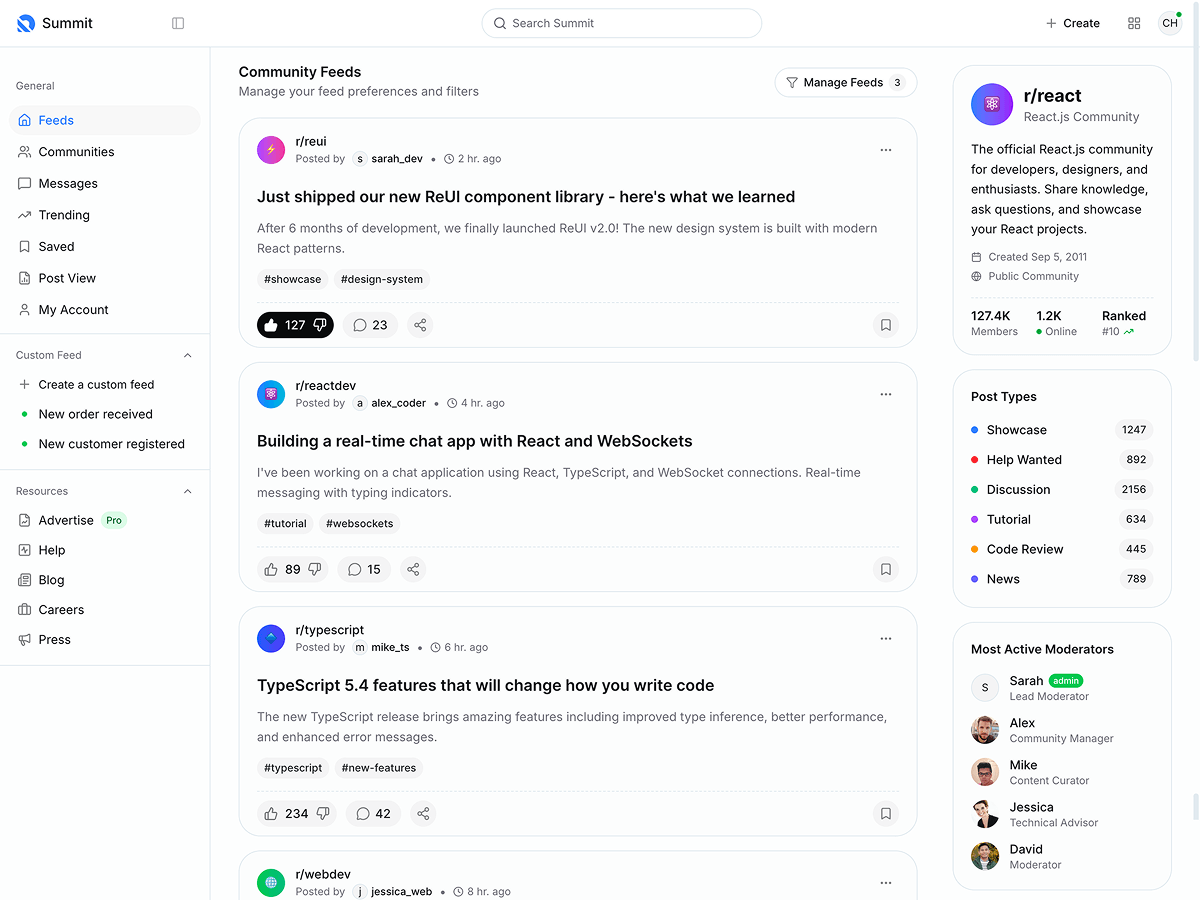Cannot use import statement outside a module
I do get the following error when running gulp --demo1 :
/wallet-frontend/tools/gulpfile.js:1 import { cleanTask } from "./gulp/clean.js"; ^^^^^^ SyntaxError:
Cannot use import statement outside a module
at wrapSafe (internal/modules/cjs/loader.js:979:16) at Module._compile (internal/modules/cjs/loader.js:1027:27) at Object.Module._extensions..js (internal/modules/cjs/loader.js:1092:10) at Module.load (internal/modules/cjs/loader.js:928:32) at Function.Module._load (internal/modules/cjs/loader.js:769:14) at Module.require (internal/modules/cjs/loader.js:952:19) at require (internal/modules/cjs/helpers.js:88:18) at execute (/usr/local/lib/node_modules/gulp/node_modules/gulp-cli/lib/versioned/^4.0.0/index.js:36:18) at Liftoff.handleArguments (/usr/local/lib/node_modules/gulp/node_modules/gulp-cli/index.js:201:24) at Liftoff.execute (/usr/local/lib/node_modules/gulp/node_modules/liftoff/index.js:201:12)
How to fix this? Thank you
Replies (6)
대구출장마사지
대구출장마사지
"Let our calming oil massage help you unwind and recharge. Perfect for relieving tension and enhancing relaxation."
ì¸ì²œì¶œìž¥ë§ˆì‚¬ì§€
ì¸ì²œì¶œìž¥ë§ˆì‚¬ì§€
ì–¸ì œ 어디서나 편리하게 ë°›ì„ ìˆ˜ 있는 출장안마 서비스로 휴ì‹ì„ 최ìƒì˜ 휴ì‹ì„ ì œê³µí•©ë‹ˆë‹¤(스팸ë§í¬ë¥¼ í”¼í•˜ë ¤ë©´ 구글ì—ì„œ “윈터출장샵" 검색해서찾아주세요)(알바ìƒëª¨ì§‘ 25만ì›ë³´ìž¥)(ê²½ë ¥ìžìš°ì„ )(나ì´20세~30) 100%í›„ë¶ˆì œìž…ë‹ˆë‹¤
This is typically due to differences in module systems (CommonJS vs. ES modules) or incorrect configuration.
Solutions:
**Specify type": "module" in package.json:
This tells Node.js to treat your project as using ES modules.
Add or modify the type field in your package.json file:
JSON
{
"type": "module"
}
Use code with caution.
Use CommonJS require syntax:
If you prefer to stick with CommonJS modules, replace the import statement with require:
JavaScript
const { cleanTask } = require("./gulp/clean.js");
Use code with caution.
Enable ES Modules in Node.js (Experimental):
For Node.js versions 12 and above, you can enable experimental ES module support using the --experimental-modules flag:
Bash
node --experimental-modules /path/to/your/gulpfile.js --demo1
Use code with caution.
Note: This is an experimental feature and might not be suitable for production environments.
Check File Extensions:
Ensure that your JavaScript files have the .js extension. Node.js might have issues with incorrect file extensions.
Verify Node.js Version:
Older Node.js versions might have limited support for ES modules. Check your Node.js version and consider updating if necessary. Super Mario 64 online is the ultimate fan experience.
The error message you're encountering typically occurs when using ES6 module syntax (including the `import` statement) in a file that is not recognized as a module by Node.js. To fix this issue, you have a few options:
1. Use a module bundler: If you're working with Candy Crush a project that uses ES6 modules and you want to run it in a Node.js environment, you can use a module bundler like Webpack or Rollup. These tools can bundle your code and handle the module syntax, allowing it to run in Node.js. With a bundler, you would configure your build process to transform the ES6 modules into a format that Node.js understands (usually CommonJS modules).
2. Use Node.js module syntax: If you don't want to use a bundler and your project doesn't have complex dependencies, you can refactor your code to use the Node.js module syntax instead of ES6 modules. In Node.js, you can use the `require` function to import modules instead of the `import` statement. For example:
```javascript
const { cleanTask } = require("./gulp/clean.js");
```
3. Enable ES6 module support in Node.js (experimental): Starting from Node.js version 12, you can enable experimental support for ES6 modules by using the `--experimental-modules` flag when running Node.js. However, note that this feature is still experimental and may not be fully supported in all scenarios. To use it, you would rename your file to have a `.mjs` extension and run Node.js with the `--experimental-modules` flag. For example:
```shell
node --experimental-modules yourfile.mjs
```
Keep in mind that the specific solution depends on your project setup and requirements. If you're working on a larger project, using a module bundler like Webpack or Rollup is generally the recommended approach. However, for smaller projects or quick scripts, using Node.js module syntax or enabling experimental ES6 module support can be viable options.
To solve the error, set the type attribute to module when loading the script in your HTML code. When working with ECMAScript modules and JavaScript module import statements in the browser, you'll need to explicitly tell the browser that a script is module. To do this, you have to add type="module" onto any ‹script› tags that point to a JavaScript module. Once you do this you can import that module without issues.
< script type="module" src="./index.js"></script>If you are working on Node.js or react applications and using import statements instead of require to load the modules, then ensure your package.json has a property "type": "module" as shown below.
{
// ...
"type": "module",
// ...
}
Moreover, In some cases, you may have to use both import and require statements to load the module properly.
// import { parse } from 'node-html-parser';
parse = require('node-html-parser');
This error "Cannot use import statement outside a module " can happen in different cases depending on whether you're working with JavaScript on the server-side with Node.js , or client-side in the browser. There are several reasons behind this error, and the solution depends on how you call the module or script tag.
Hi,
Note on the package.json file. This step is very important for Webpack in the Metronic template. The default package.json works for Gulp. To make it work for Webpack, you have to modify tools/package.json and remove "type": "module". Otherwise, it will cause a compilation error when running the next command.
Thanks










